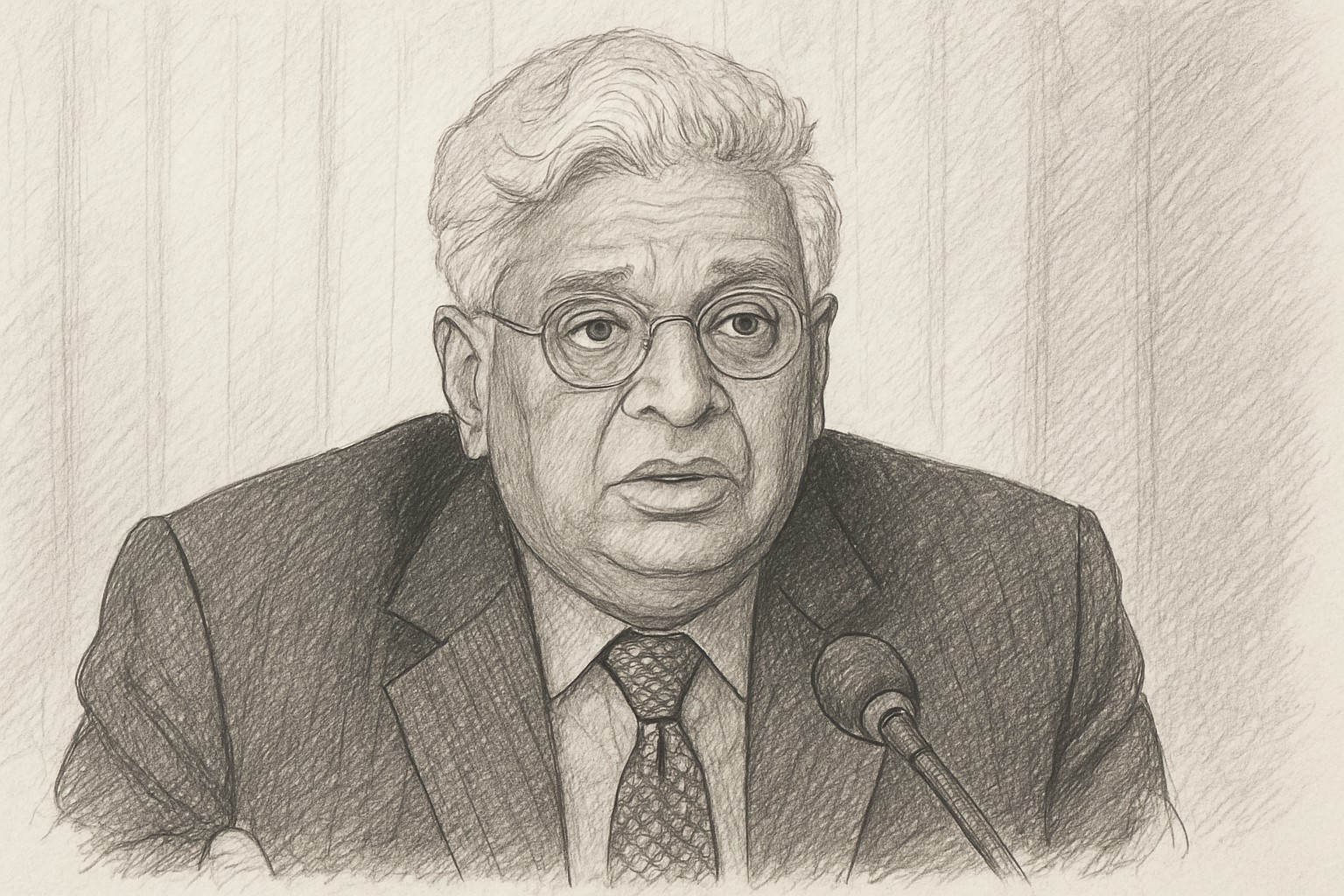Former Chief Election Commissioner ATM Shamsul Huda, who died on Saturday at the age of 83, remains a widely discussed and respected figure in Bangladesh for his determined role in reforming the country’s electoral system and his outspoken personality.
Born on July 10, in 1943, Huda achieved outstanding academic results at the University of Dhaka, standing first in both his honours and master’s examinations in History. He later pursued higher education in the United States, completing an MA in Public Administration in 1975 and a PhD in 1979 from Syracuse University.
He built a distinguished career in the civil service, beginning in the Pakistan Civil Service in 1966 and later holding top positions in Bangladesh’s bureaucracy, including key secretarial roles at the Ministry of Water Resources, and the Ministry of Finance, and as managing director of the Bangladesh Agriculture Development Bank.
Huda was appointed Bangladesh’s 10th Chief Election Commissioner in 2007 during the politically turbulent caretaker government period.
He oversaw the introduction of photo-based voter lists and and transparent ballot boxes, considered a landmark in ensuring transparency and authenticity of the voter base.
He also implemented political party registration systems and piloted the use of electronic voting machines in selected constituencies, establishing a more modern electoral infrastructure in Bangladesh.
These steps significantly improved voter confidence and were widely lauded as major electoral reforms.
The 2008 parliamentary polls held under his supervision were widely acclaimed as fair and credible.
However, his term was not free from controversy.
Huda is blamed for siding with BNP reformists who tried to create division by challenging party chairperson Begum Khaleda Zia. Some even smelled a rat in the landslide victory of the Awami League in the 2008 election, which ultimately paved the way for authoritarian rule.
Brigadier General M Sakhawat Hossain, who is now an adviser to the interim government, was a commissioner under CEC Huda.
After his tenure, Huda remained vocal on issues of electoral integrity.
After retiring in 2012, Huda continued to contribute to society by serving in leadership roles in the financial sector, including as vice-chairman of GSP Finance Company.
His death prompted tributes across political divides, acknowledging him as a reformer who had left a deep mark on Bangladesh’s electoral history.
ATM Shamsul Huda is remembered today as a bold, reform-minded administrator whose actions during a challenging period helped modernise Bangladesh’s election system and contributed to restoring democratic practices.
His principled stance, professional integrity, and willingness to take on powerful interests ensure he remains a widely discussed and studied personality in the country’s public life.


